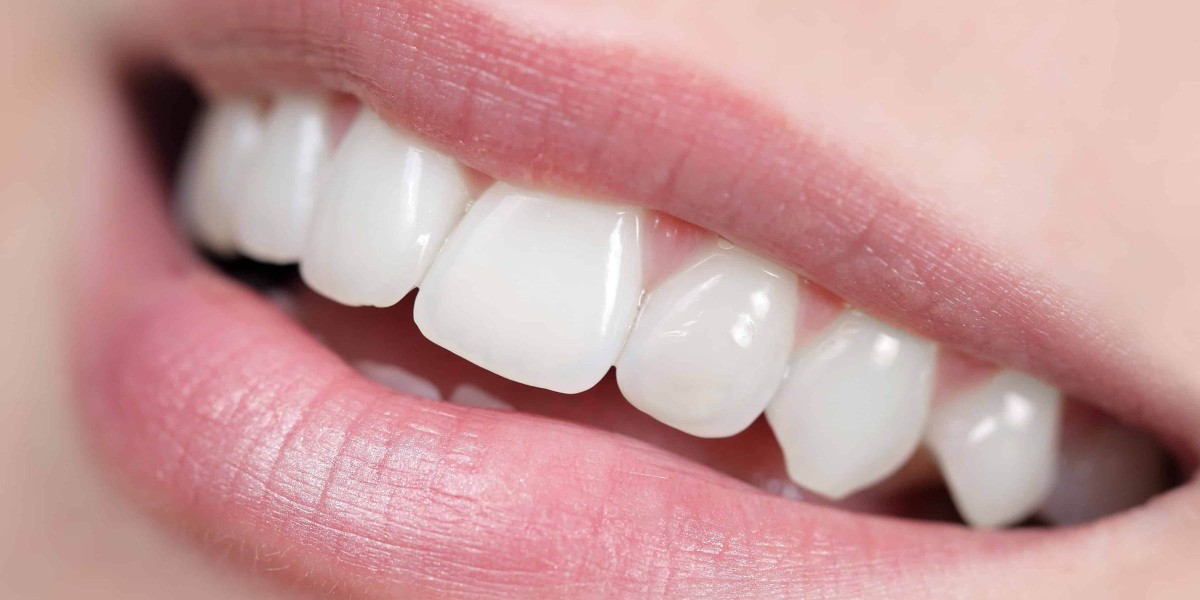When children lose their baby teeth, it marks a significant milestone in their growth. However, what happens when their adult teeth are lost? This situation, though less common, can be challenging and concerning for both the child and the parents. In Hertfordshire, dental implants have become a popular and effective solution for restoring children's adult teeth. This article explores the role of dental implants in Hertfordshire, providing insights and information to help you understand this restorative option.
Understanding Children's Adult Teeth
Adult teeth, also known as permanent teeth, replace baby teeth and are meant to last a lifetime. For children, the transition from baby teeth to adult teeth usually occurs between the ages of six and twelve. Adult teeth are stronger and larger, providing the necessary functionality for chewing and speaking. But what happens when these teeth are lost prematurely?
Common Causes of Adult Teeth Loss in Children
There are several reasons why children might lose their adult teeth:
Trauma: Accidents and injuries, such as falls or sports-related incidents, can lead to tooth loss.
Decay: Poor dental hygiene can cause cavities and infections, leading to tooth loss.
Genetic Conditions: Some children may have conditions that affect their dental health, making them more prone to losing teeth.
Health Issues: Diseases or medical treatments, such as chemotherapy, can impact dental health.
The Impact of Missing Adult Teeth on Children
Losing adult teeth can have significant consequences for children. It can affect their ability to eat and speak properly, leading to nutritional and developmental issues. Moreover, it can impact their self-esteem and social interactions. A missing tooth can also lead to the shifting of adjacent teeth, causing misalignment and further dental problems.
What are Dental Implants?
Dental implants are artificial tooth roots, typically made of titanium, that are surgically placed into the jawbone. They provide a sturdy foundation for replacement teeth, which can be permanent or removable. Implants look, feel, and function like natural teeth, making them an excellent option for restoring lost teeth.
Benefits of Dental Implants for Children
Dental implants offer numerous advantages, particularly for children who have lost their adult teeth:
Natural Appearance: Implants are designed to look like natural teeth, helping children feel more confident about their smile.
Improved Functionality: They restore the ability to chew and speak effectively.
Prevention of Bone Loss: Implants stimulate the jawbone, preventing the bone loss that typically occurs with missing teeth.
Durability: With proper care, dental implants can last a lifetime.
Support for Adjacent Teeth: They prevent the shifting of surrounding teeth, maintaining proper alignment.
The Process of Getting Dental Implants
Getting dental implants involves several steps, and understanding this process can help parents and children feel more prepared.
Preparation for Dental Implants
Before the implant procedure, a comprehensive dental examination is conducted. This includes X-rays and possibly 3D imaging to assess the condition of the jawbone and the location for the implant. The dentist will also review the child's medical history to ensure they are a suitable candidate for implants.
The Implant Procedure
The implant procedure is typically done in multiple stages:
Implant Placement: The dentist surgically places the implant into the jawbone. This may be done under local anesthesia or sedation, depending on the child's comfort level and the complexity of the procedure.
Osseointegration: Over several months, the implant fuses with the jawbone in a process called osseointegration. This creates a strong foundation for the replacement tooth.
Abutment Placement: Once the implant is securely fused, an abutment is attached to the implant. This acts as a connector between the implant and the replacement tooth.
Crown Placement: Finally, a custom-made crown is attached to the abutment, completing the restoration process.
Post-Implant Care and Recovery
After the implant procedure, proper care is essential to ensure successful healing and longevity of the implant. This includes maintaining good oral hygiene, avoiding hard foods, and attending regular dental check-ups. The dentist will provide specific instructions tailored to the child's needs.
Long-term Care for Dental Implants
Long-term care is crucial for the success of dental implants. Parents should ensure their child continues to practice good oral hygiene, including brushing and flossing regularly. Regular dental visits are essential to monitor the health of the implants and surrounding teeth.
Choosing the Right Dental Implant Specialist in Hertfordshire
Selecting a qualified and experienced dental implant specialist is vital. Parents should look for a dentist with specific training and experience in pediatric dental implants. It's also important to consider the dentist's approach to patient care, ensuring they provide a comfortable and supportive environment for children.
Cost Considerations for Dental Implants
The cost of dental implants can vary depending on several factors, including the number of implants needed and the complexity of the procedure. While dental implants can be a significant investment, many families find them worthwhile due to their long-term benefits and durability. Some dental clinics in Hertfordshire offer payment plans or financing options to make the cost more manageable.
Alternative Solutions to Dental Implants
While dental implants are an excellent solution for many children, there are alternative options available:
Dental Bridges: These are used to replace one or more missing teeth by anchoring to adjacent teeth.
Dentures: Partial dentures can replace missing teeth and are removable.
Orthodontic Solutions: In some cases, braces or other orthodontic treatments can help address gaps caused by missing teeth.
Conclusion
Restoring children's adult teeth is crucial for their overall health and well-being. Dental implants offer a reliable and effective solution, providing natural-looking and functional replacements for lost teeth. In Hertfordshire, skilled dental professionals are available to guide families through the implant process, ensuring a positive experience and successful outcome.



